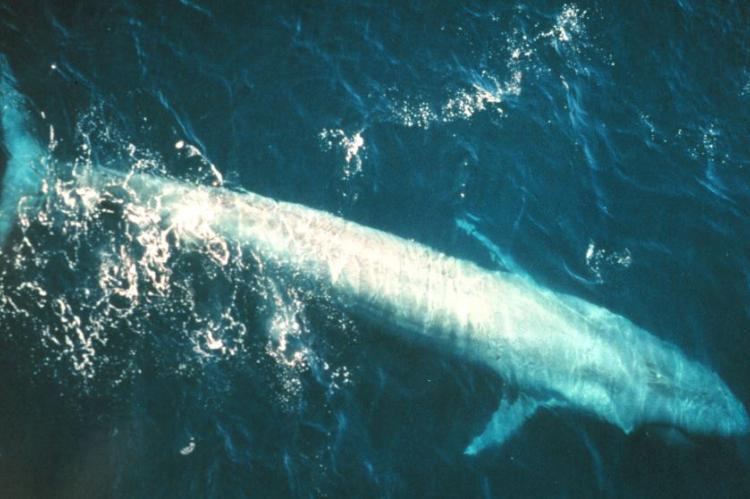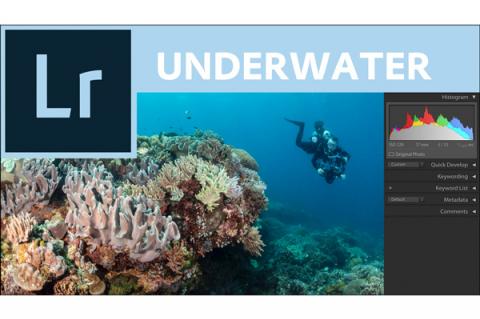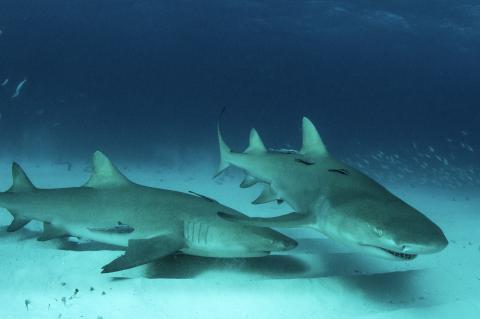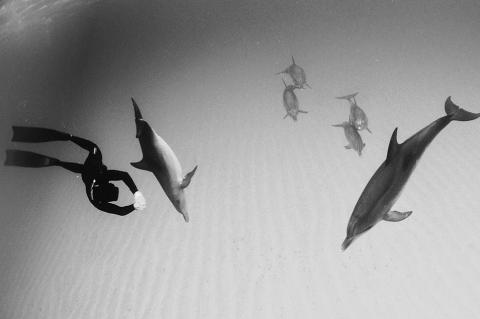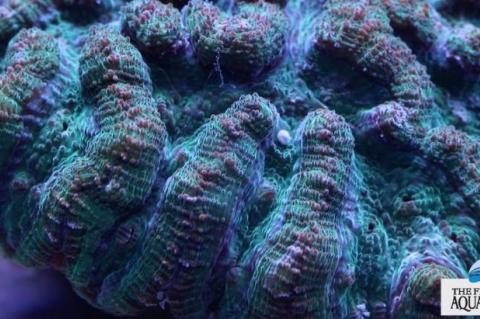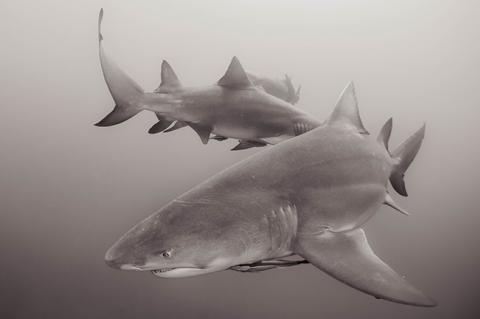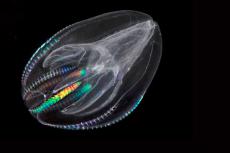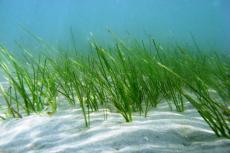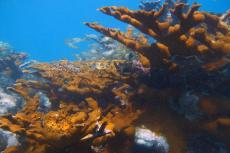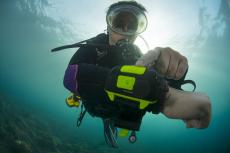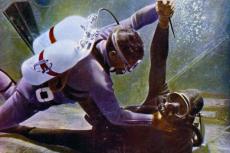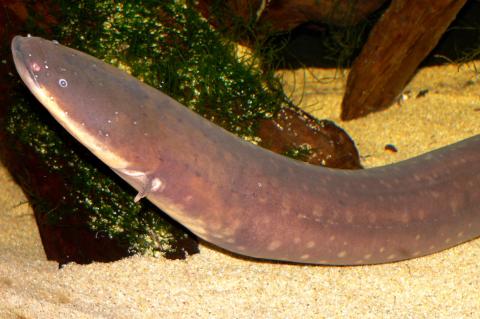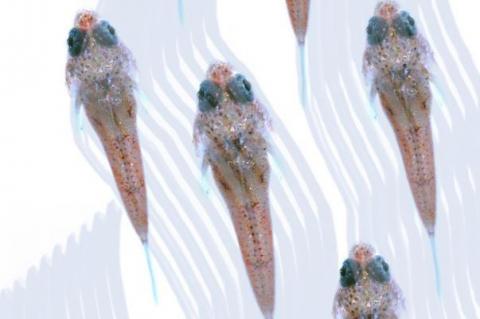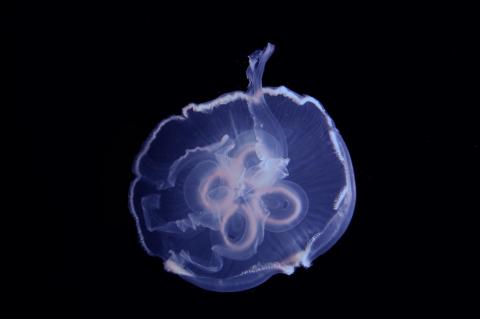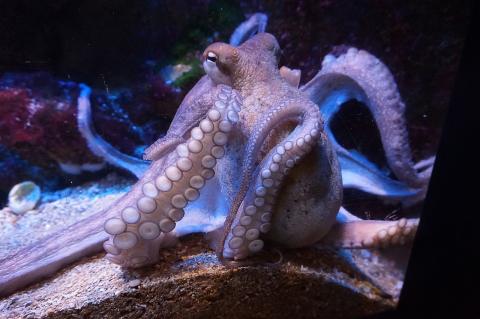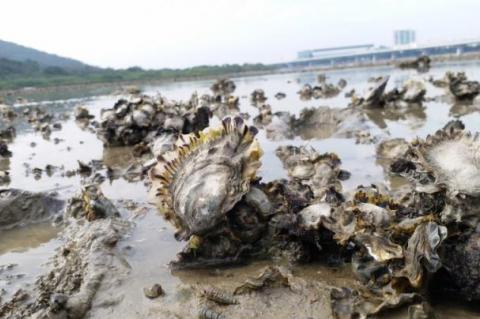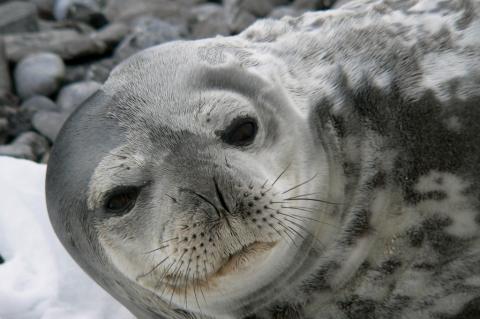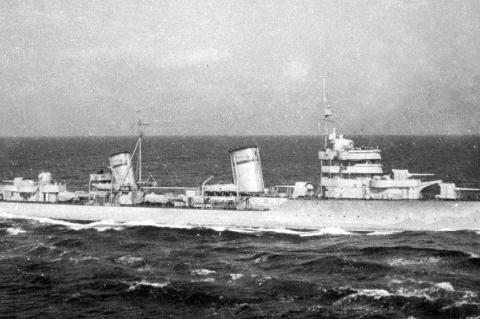Blue whale spotted off coast of Cornwall
Scientists on an expedition caught a glimpse of a blue whale 400km off the coast of Cornwall, the first sighting of the species in English waters since it was hunted to near extinction decades ago.
The sighting was made on August 24th, when Professor Russell Wynn, a Senior Research Scientist from the National Oceanography Centre {NOC), was undertaking a marine mammal survey and observing some fin whales, while on board the RRS James Cook. It was at that time the blue whale suddenly surfaced a kilometre away.
He wrote in the expedition blog, "It lingered just long enough to allow conclusive photos to be secured (and several people to see it from the bridge), before it disappeared in a band of rain and fog."
Marine geoscientist Dr Veerle Hivenne, also spotted the mammal. "There was huge excitement on board as many people got a glimpse of their first blue whale, but only later did we realise that this was probably the first to be photographed within English waters."
She, Wynn and the other scientists were on the CODEMAP2015 expedition, which seeks to explore deep-sea canyons using new robotic technology.
The sighting occured over a deep-sea canyon on the northern margin of the Bay of Biscay. This region, about 400km southwest of Cornwall, is known to be a hotspot for whales, dolphins and seabirds.
It is possible that the whale may be on its way to the tropics to breed, after feeding on krill in Icelandic waters.
Whether or not this is true, the news is seen as a positive sight for the species. "It's exciting to see a blue whale this close the British coastline and we hope their numbers are growing since the whaling moratorium was passed," said Sarah Goddard, species policy officer of World Wildlife Fund.
In 1966, the first international treaty that banned the hunting of blue whales was passed, sparing these mammals from the whalers' harpoons.
However, Goddard added a cautionary note: "But all whales still face a threat from other human activities and we need to manage our seas better to reduce thie threat."


